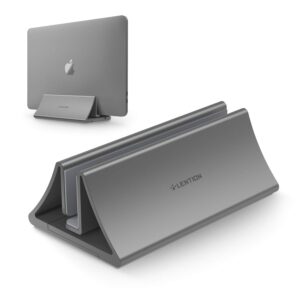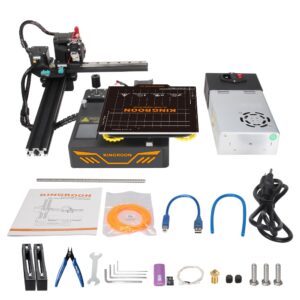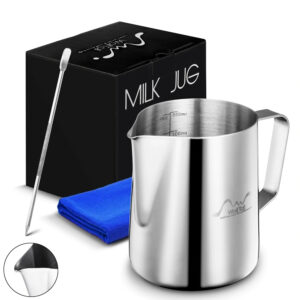This recall involves correcting certain devices and does not involve removing them from where they are used or sold. The FDA has identified this recall as the most serious type. This device may cause serious injury or death if you continue to use it without correction.
Affected Product
The FDA is aware that Smiths Medical has issued a letter to affected customers providing updated use instructions for all models and lots of CADD-Solis and CADD-Solis VIP ambulatory infusion pumps:
What to Do
On April 10, Smiths Medical sent affected customers an Urgent Medical Device Notification recommending the following actions:
- Be aware that a USO Alarm may occur when all the following conditions are met:
- Using a CADD administration set (i.e. not a medication cassette reservoir), and
- Enabling the Upstream Occlusion Alarm, and
- Not programming Keep Vein Open (KVO) or Continuous rate, and
- Priming or infusing shortly after attaching the administrative set and the next infusion does not occur for approximately one hour or longer.
- The USO alarm can be cleared during these conditions by removing the administration set from the pump.
- After re-attaching the administration set, delivery can be restarted without an alarm.
- Additionally, verify there is no upstream occlusion present.
Reason for Recall
Smiths Medical has become aware that under certain conditions, a CADD-Solis pump may trigger an erroneous (false) Upstream Occlusion (USO) Alarm. The erroneous USO alarm may occur when there is a delay of more than one hour between the first prime or infusion of a new CADD Administration Set and the next prime or infusion of the same CADD Administration Set. The USO Alarm is a high priority alarm that will interrupt an ongoing infusion or delay initiation of an infusion. The pump cannot resume or start an infusion until the alarm is cleared.
A USO Alarm may potentially occur if all four of these conditions are met:
- Using a CADD administration set (i.e. not a medication cassette reservoir), and
- Enabling the Upstream Occlusion Alarm, and
- Not programming Keep Vein Open (KVO) or Continuous rate, and
- Priming or infusing shortly after attaching the administration set and the next infusion does not occur for approximately one hour or longer.
This issue will not occur when using a medication cassette reservoir, if the USO Alarm is disabled, if the KVO setting is programmed, or if a Continuous rate setting is programmed.
If a USO high priority alarm occurs, it will interrupt an active infusion. An interruption or delay of therapy can lead to serious patient injury or death, depending on the clinical situation and the type of medication being administered.
To date, Smiths Medical has not received reports of serious injuries or deaths related to this issue.
Device Use
The CADD-Solis Ambulatory Infusion Pump is intended for use in hospital or outpatient settings. In the hospital, the CADD-Solis Ambulatory Infusion Pump may be used for pain management therapies, including, but not limited to post-operative, trauma, critical care, labor and delivery, general acute care, oncology, and regional anesthesia and analgesia.
The CADD-Solis VIP pumps are intended to be used in a homecare setting by patients and/or their caregivers with proper training and clinical support.
Contact Information
Customers in the U.S. with adverse reactions, quality problems, or questions about this recall should contact Smiths Medical at globalcomplaints@icumed.com or 1-866-216-8806.
Unique Device Identifier (UDI)
The unique device identifier (UDI) helps identify individual medical devices sold in the United States from manufacturing through distribution to patient use. The UDI allows for more accurate reporting, reviewing, and analyzing of adverse event reports so that devices can be identified, and problems potentially corrected more quickly.
How do I report a problem?
Health care professionals and consumers may report adverse reactions or quality problems they experienced using these devices to MedWatch: The FDA Safety Information and Adverse Event Reporting Program.
-
Content current as of:
06/03/2025






